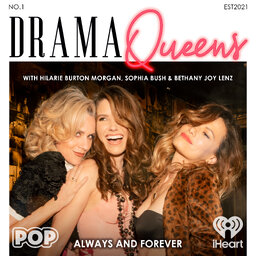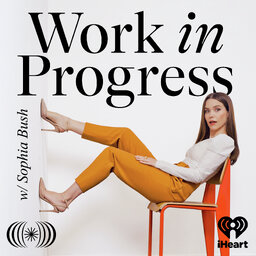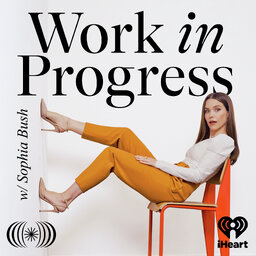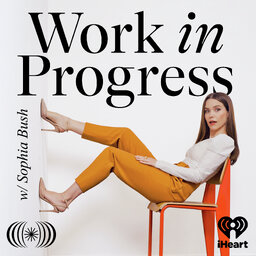Work in Progress: Alisyn Camerota
Alisyn Camerota went from a punk rock teen to a respected journalist anchoring for CNN, and now she is an author sharing her story of survival and success in her new memoir, "Combat Love."
Alisyn opens up to Sophia about chasing her dreams of being a journalist, her experience working at Fox News under Roger Ailes, including sexual harassment, not buying into their mission statement, and transitioning from Fox to rival network CNN.
Alisyn also talks about her decision to write a memoir, how writing helped heal her relationship with her mother, and the power of music in her life!
Alisyn Camerota's new book, "Combat Love: A Story of Leaving, Longing, and Searching for Home," is available now.
 Work in Progress with Sophia Bush
Work in Progress with Sophia Bush



